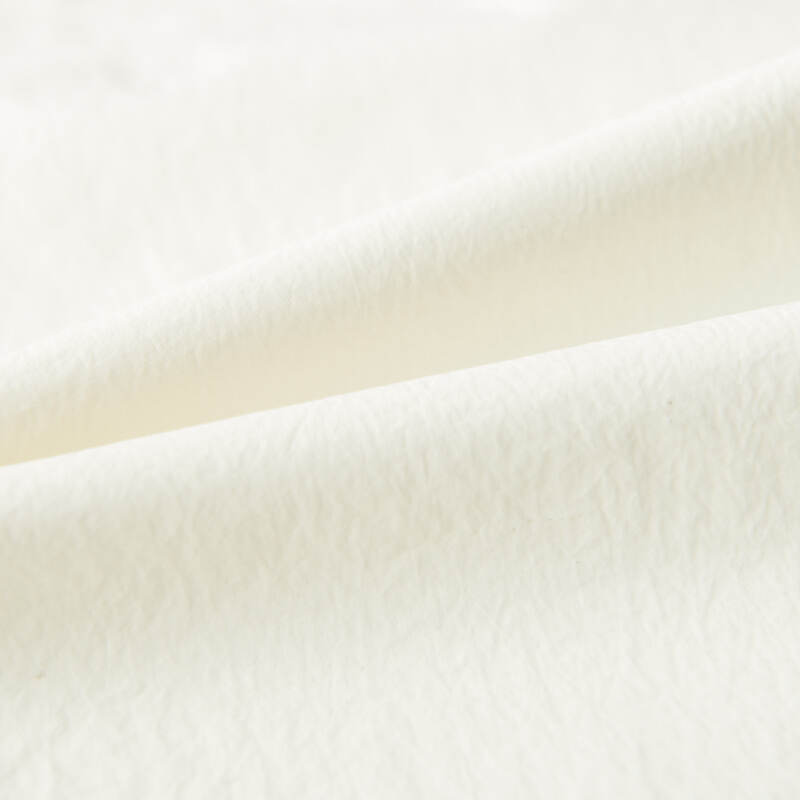buy biobased nylon
Biobased nylon represents a revolutionary advancement in sustainable materials, offering an eco-friendly alternative to conventional petroleum-based nylon. This innovative material is manufactured using renewable resources such as plant-based feedstocks, particularly castor oil and other biological sources. The production process involves converting these renewable materials into monomers that are then polymerized to create a durable, high-performance fiber. The resulting biobased nylon exhibits properties comparable to or exceeding traditional nylon, including excellent tensile strength, durability, and chemical resistance. This material demonstrates remarkable versatility in applications ranging from textile manufacturing to industrial components. It maintains superior performance characteristics while significantly reducing environmental impact through lower carbon emissions during production. The material's molecular structure ensures optimal moisture management, making it particularly suitable for apparel and technical textiles. Additionally, biobased nylon offers enhanced thermal stability and dimensional stability, crucial for applications in automotive parts, electronic components, and consumer goods. The material's inherent resistance to abrasion and wear makes it an ideal choice for demanding applications where longevity is essential.


